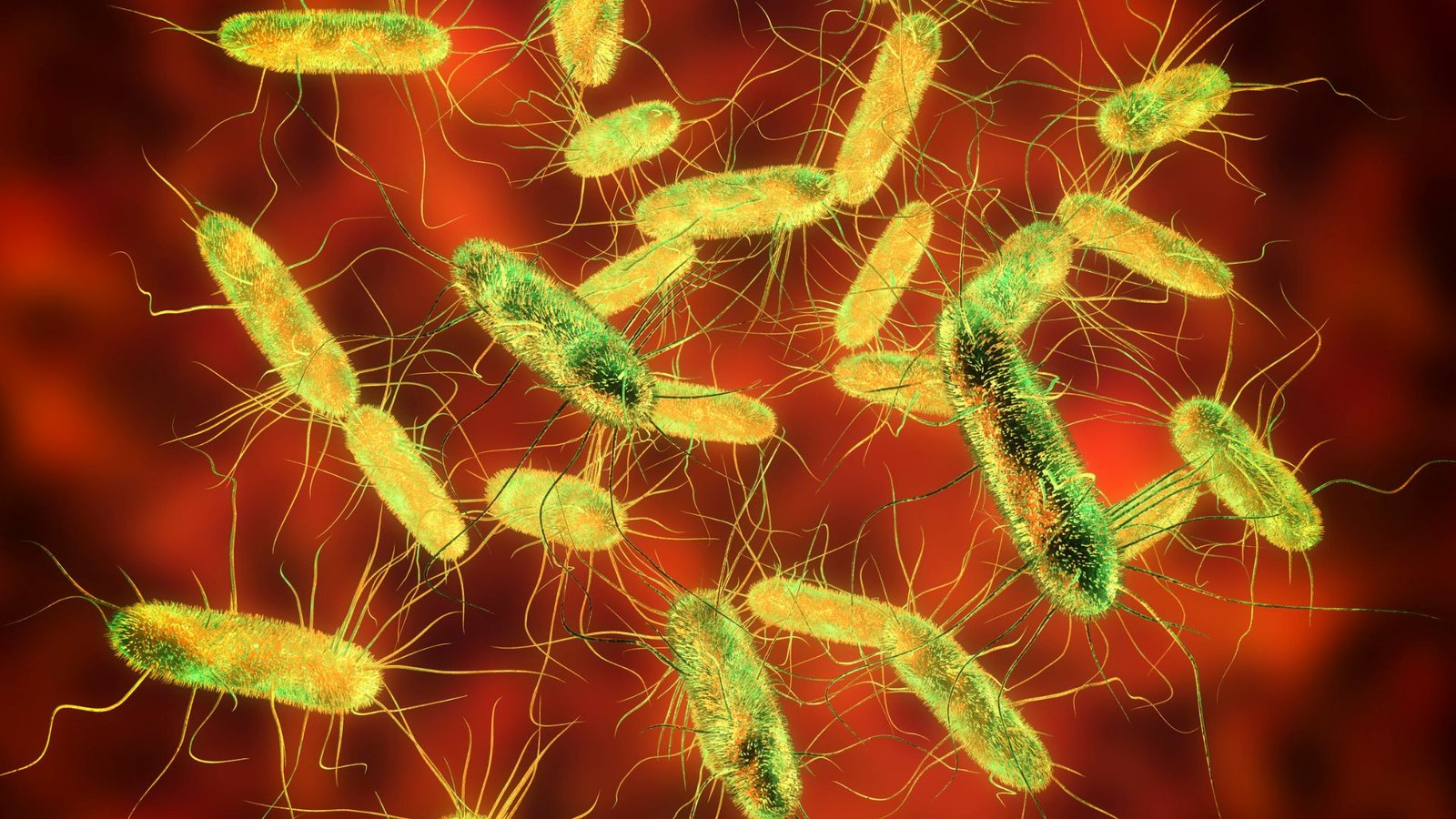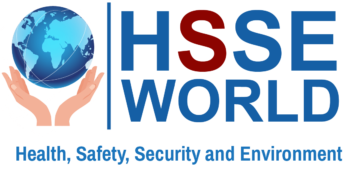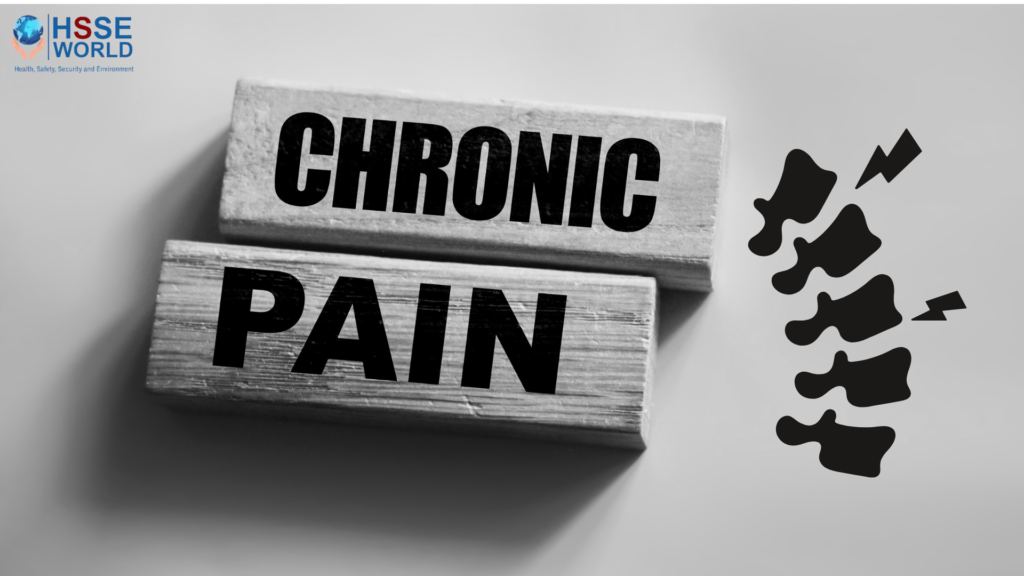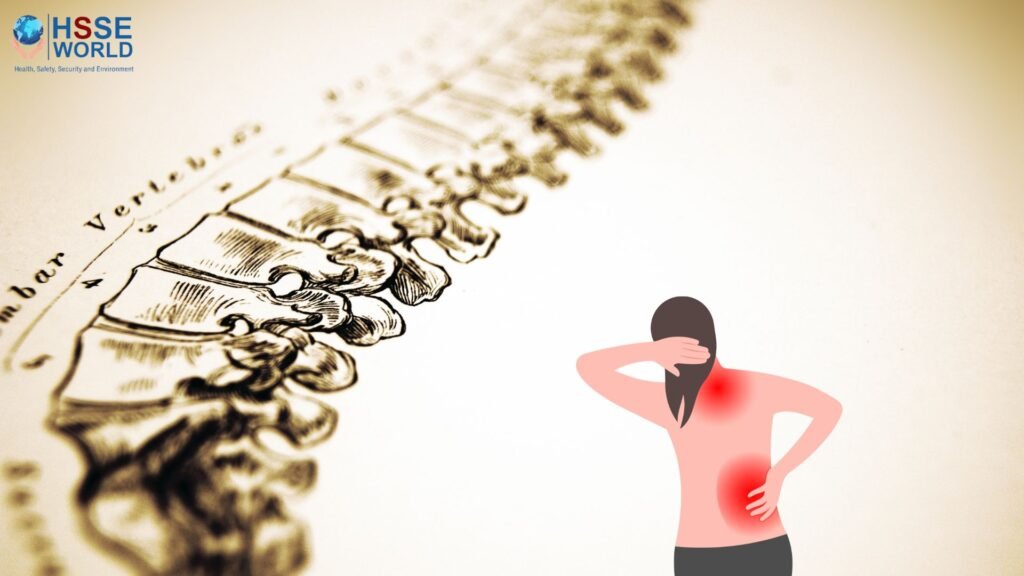The Role of Pest Control in Preventing Foodborne Illness Outbreaks
4 min readAt commercial control, we recognize the crucial role that pest control plays in safeguarding public health, particularly in preventing foodborne illness outbreaks. Contamination by pests such as rodents, cockroaches, flies, and stored product pests can pose significant risks to food safety, leading to outbreaks of foodborne diseases. This article explores the importance of pest control measures in food-related establishments and the role they play in preventing the spread of foodborne illnesses. ( Read: Templates: Bloodborne Pathogens and BBP Exposure Control Plan )

Understanding the Risks
Pests in food-related establishments can contaminate food and food preparation surfaces, leading to the transmission of pathogens and the spread of foodborne illnesses. Some common risks associated with pest infestations include:
- Pathogen Transmission: Pests can carry and transmit pathogens such as Salmonella, E. coli, and Listeria, which can cause serious illnesses when ingested.
- Food Contamination: Pests can contaminate food and food contact surfaces with their faeces, urine, saliva, and body parts, rendering them unfit for consumption.
- Damage to Property: Pests can cause structural damage to buildings, equipment, and stored food products, leading to financial losses for businesses.
Read: food-and-kitchen-hygiene-tips
Importance of Pest Control
Effective pest control measures are essential for preventing foodborne illness outbreaks and maintaining food safety standards. Here are some key reasons why pest control is critical in food-related establishments:
- Prevention of Infestations: Regular pest inspections and proactive pest control measures help prevent pest infestations before they occur. By addressing potential entry points, eliminating food and water sources, and implementing preventive measures, establishments can reduce the risk of pest problems.
- Early Detection and Intervention: Timely detection of pest activity allows for prompt intervention and control measures. Regular monitoring and inspections help identify signs of pest activity, enabling businesses to take corrective actions before pests become a significant problem.
- Compliance with Regulations: Food-related establishments are subject to strict regulations and food safety standards set by regulatory agencies. Compliance with these regulations, including requirements for pest control and sanitation, is essential for maintaining operating licenses and ensuring consumer confidence in the safety of food products.
- Protection of Reputation: A pest infestation can tarnish the reputation of a food-related establishment and lead to loss of customers and revenue. Implementing effective pest control measures helps protect the reputation and integrity of the business, maintaining customer trust and loyalty.
- Prevention of Financial Losses: Pest infestations can result in financial losses due to product contamination, damage to property, and legal liabilities. Investing in professional pest control services is a cost-effective way to prevent such losses and protect the financial viability of the business.
Professional Pest Control Services
Professional pest control services play a crucial role in ensuring effective pest management in food-related establishments. These services offer:
- Expertise: Trained technicians have the knowledge and experience to identify pest issues, implement control measures, and prevent future infestations.
- Integrated Pest Management (IPM): IPM approaches focus on prevention, monitoring, and control of pests using a combination of methods, including sanitation, exclusion, and targeted pesticide applications.
- Comprehensive Solutions: Pest control companies offer tailored solutions to address the specific needs and challenges of each establishment, ensuring comprehensive pest management.
- Regulatory Compliance: Pest control services help businesses comply with relevant regulations and standards, providing documentation and reports to demonstrate compliance during inspections.
Read Foodborne Diseases overview
Conclusion
Pest control plays a vital role in preventing food borne illness outbreaks and maintaining food safety standards in food-related establishments. By implementing effective pest control measures, businesses can mitigate the risks associated with pest infestations and protect public health. For reliable pest control services in Baltimore County pest control, establishments can rely on professional services dedicated to ensuring a pest-free environment and preventing the spread of food borne illnesses. With proactive pest management practices in place, food-related establishments can uphold their commitment to food safety and customer satisfaction.
Read: photo-of-the-day-work-related-asthma
Have good wellness and health guidance
More Guest Posts







